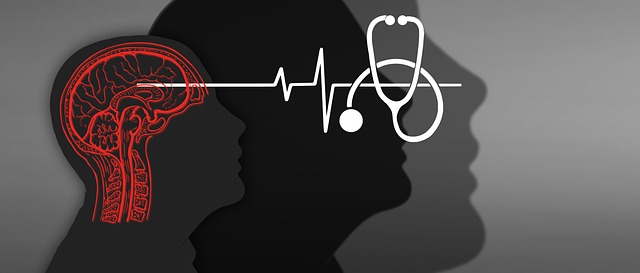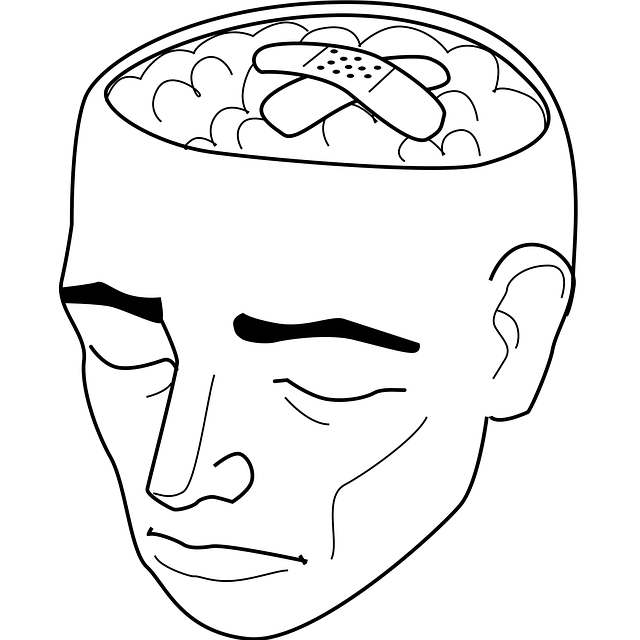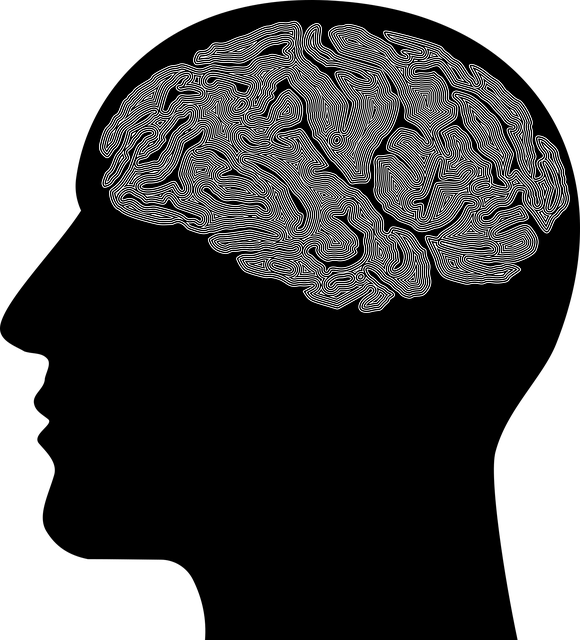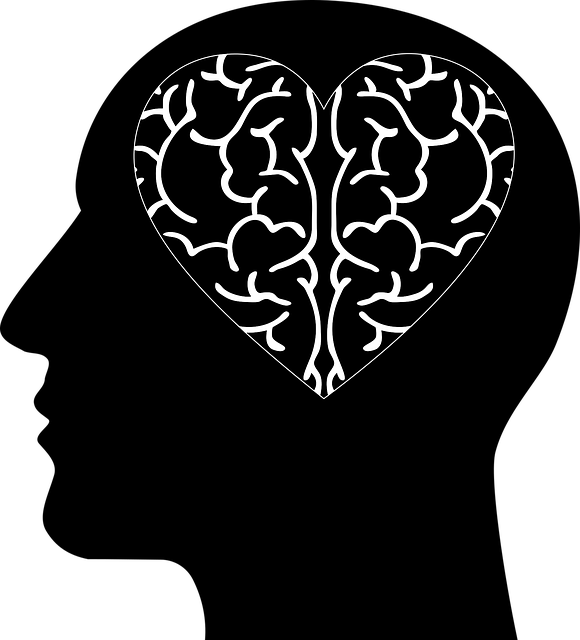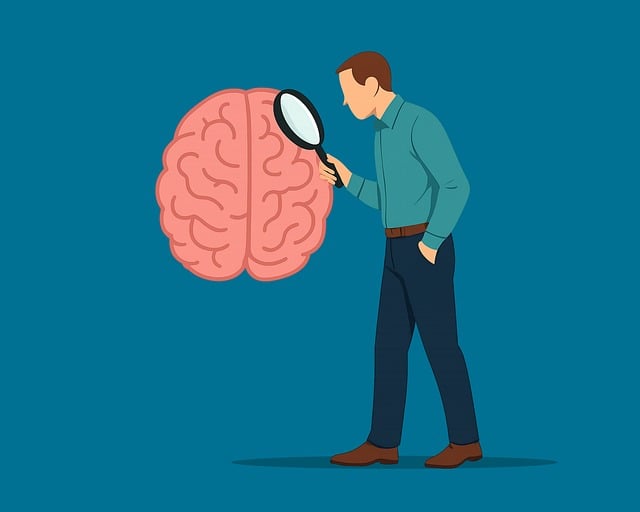Mental health professionals caring for elderly clients face unique challenges, such as age-related cognitive decline and physical impairments, intergenerational trauma, and cultural stressors. Effective therapy for elders requires tailored interventions, including gender-affirming care to build trust with diverse patients. Key strategies involve incorporating mindfulness meditation for stress management, delivering culturally sensitive care through training, and integrating holistic approaches that address both mental and physical health needs.
In today’s diverse healthcare landscape, mental health professionals face unique challenges when providing care for elderly patients. This article explores comprehensive risk management planning tailored to this demographic, focusing on identifying and mitigating risks specific to the elderly mental health population. From addressing cognitive decline and physical health issues to implementing gender-affirming practices—crucial for older adults’ well-being—we delve into strategies that enhance therapeutic relationships and ensure effective, inclusive care.
- Identifying Unique Risks in Elderly Mental Health Care
- – Risks specific to elderly population
- – Addressing cognitive decline and physical health issues
Identifying Unique Risks in Elderly Mental Health Care

Mental health professionals specializing in elderly care face distinct challenges when it comes to risk management due to the unique needs and complexities of their patients. As society becomes more aware of the importance of mental well-being in older adults, therapists must be equipped to handle a range of issues specific to this demographic. One key consideration is ensuring gender-affirming care, as elderly individuals from diverse gender identities may have distinct therapy requirements. This sensitive approach is crucial for building trust and fostering open communication.
Additionally, navigating the complexities of aging and mental health requires professionals to be adept in mindfulness meditation techniques, which can aid in managing stress and anxiety commonly associated with growing older. Moreover, providing culturally sensitive care is essential; healthcare provider cultural competency training enables professionals to understand and address the unique perspectives and beliefs of elderly patients from diverse backgrounds. Incorporating these aspects into risk management strategies ensures a holistic and effective approach to mental health support for this vulnerable population.
– Risks specific to elderly population

Mental health professionals working with elderly clients face unique challenges, especially when addressing their specific risks and needs. The aging process brings about various physical and cognitive changes that can impact an individual’s mental well-being. For instance, age-related memory decline or mobility issues might hinder a person’s ability to engage in therapy, necessitating tailored interventions. Moreover, older adults may have experienced intergenerational trauma, cultural stressors, or social isolation, which require sensitive handling and specific therapeutic approaches.
When providing care for this demographic, professionals should focus on implementing effective communication strategies that consider any potential sensory or cognitive impairments. Encouraging open dialogue about their experiences, while incorporating positive thinking and resilience-building techniques, can be transformative. Gender-affirming care is also of utmost importance, ensuring that elderly individuals feel respected and comfortable during their therapeutic journey.
– Addressing cognitive decline and physical health issues

For mental health professionals working with elders, addressing cognitive decline and physical health issues is paramount. As the population ages, it’s crucial to integrate comprehensive assessments that consider both mental and physical well-being. This includes tailoring therapy for elders to meet their unique needs, especially when navigating gender-affirming care. Incorporating evidence-based practices and adapting therapeutic approaches can enhance the effectiveness of treatment.
Beyond individual patient care, healthcare provider cultural competency training plays a vital role in fostering inclusive environments. By enhancing their cultural competence, mental health professionals can better serve diverse populations, build trust, and improve outcomes. Additionally, confidence-boosting initiatives within the profession encourage practitioners to advocate for evidence-based practices and champion mental health policy analysis, ensuring that elders receive the holistic care they deserve.
Mental health professionals providing care for the elderly face distinct challenges, from managing cognitive decline to addressing physical health concerns. By identifying these unique risks, such as those associated with age-related issues and the growing need for gender-affirming care, practitioners can develop robust risk management plans. Incorporating strategies tailored to the elderly population ensures not only enhanced safety but also improves outcomes for this vulnerable group. Effective risk mitigation practices are essential in fostering a supportive environment that promotes healing and well-being for older adults seeking therapy.
